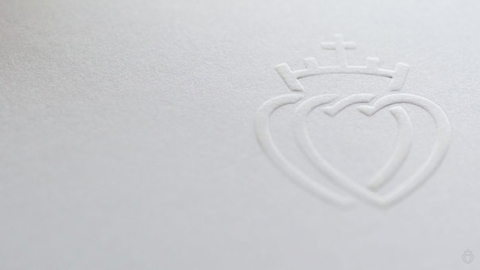Euthanasia in Canada: Trudeau Persists and Signs

A bill dating from February 2016 has again been submitted to parliament by the federal government of Canada. It aims to broaden the eligibility criteria for assisted suicide. The country's Bishops’ Conference reacted, expressing its “serious concerns.”
“When a government gets it wrong, there is only one solution, to persevere in the mistake,” academician André Frossard liked to say with irony and insight. An aphorism that the Canadian Prime Minister is not likely to contradict.
In fact, on October 5, 2020, the progressive government, presided over by Justin Trudeau, introduced, at the request of the Superior Court of Quebec, the examination of a bill aimed at expanding euthanasia. The first version of this text dates from 2016.
The bill to be submitted to parliamentarians of the House of Commons is entitled C-7. Its basis is a decision by the senior magistrates of the Belle Province, who believe that the legal conditions of the federal criminal code, allowing access to euthanasia, are too restrictive, and in their eyes, unconstitutional.
If C-7 were adopted, euthanasia would be extended to all non-dying patients, even minors, suffering from an incurable disease, and who would consider their suffering to be intolerable; as well as those who have no disability other than mental illness.
The Canadian Bishops’ Conference (CCCB) reacted in the press on October 20: “Bill C-7 remains deeply flawed, unjust, and morally pernicious. The bishops of Canada call on Catholics and all people of good will to voice their opposition. Likewise, all Canadian lawmakers should remember that a law that allows the death of innocent people can never be morally justified,” warned the Canadian prelates.
Medical assistance in dying (MAID) – a sanitized periphrasis for white coat murder - has been legal in Canada since June 2016. Federal officials say more than 13,000 medically assisted deaths have been reported since then in Canada.
(Sources : CCCB/Gènéthique/La Croix – FSSPX.Actualités)
Illustration : Flickr / Justin Trudeau (CC BY-NC-SA 2.0)



